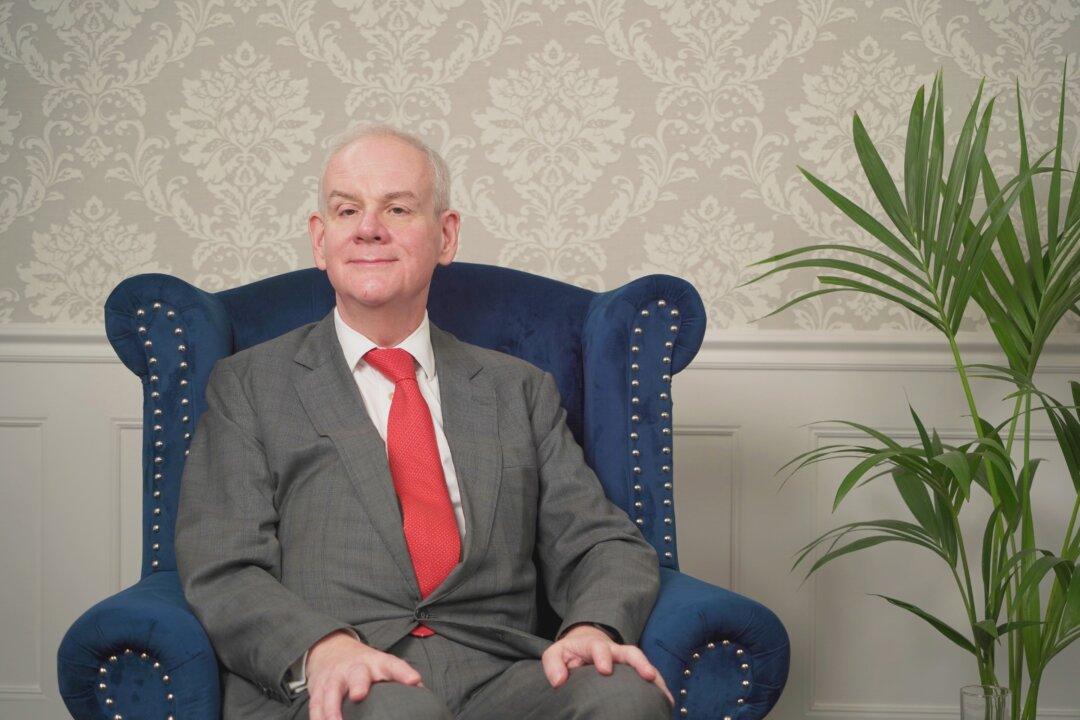MPs and peers have no idea how rules in the Online Safety Bill will operate in detail because the power to make decisions will be given to Ofcom, says Conservative Peer Lord Moylan.
Speaking to NTD’s “British Thought Leaders” programme, Lord Moylan questions how the bill may hurt the UK’s reputation as a “hotbed of technological innovation.”





